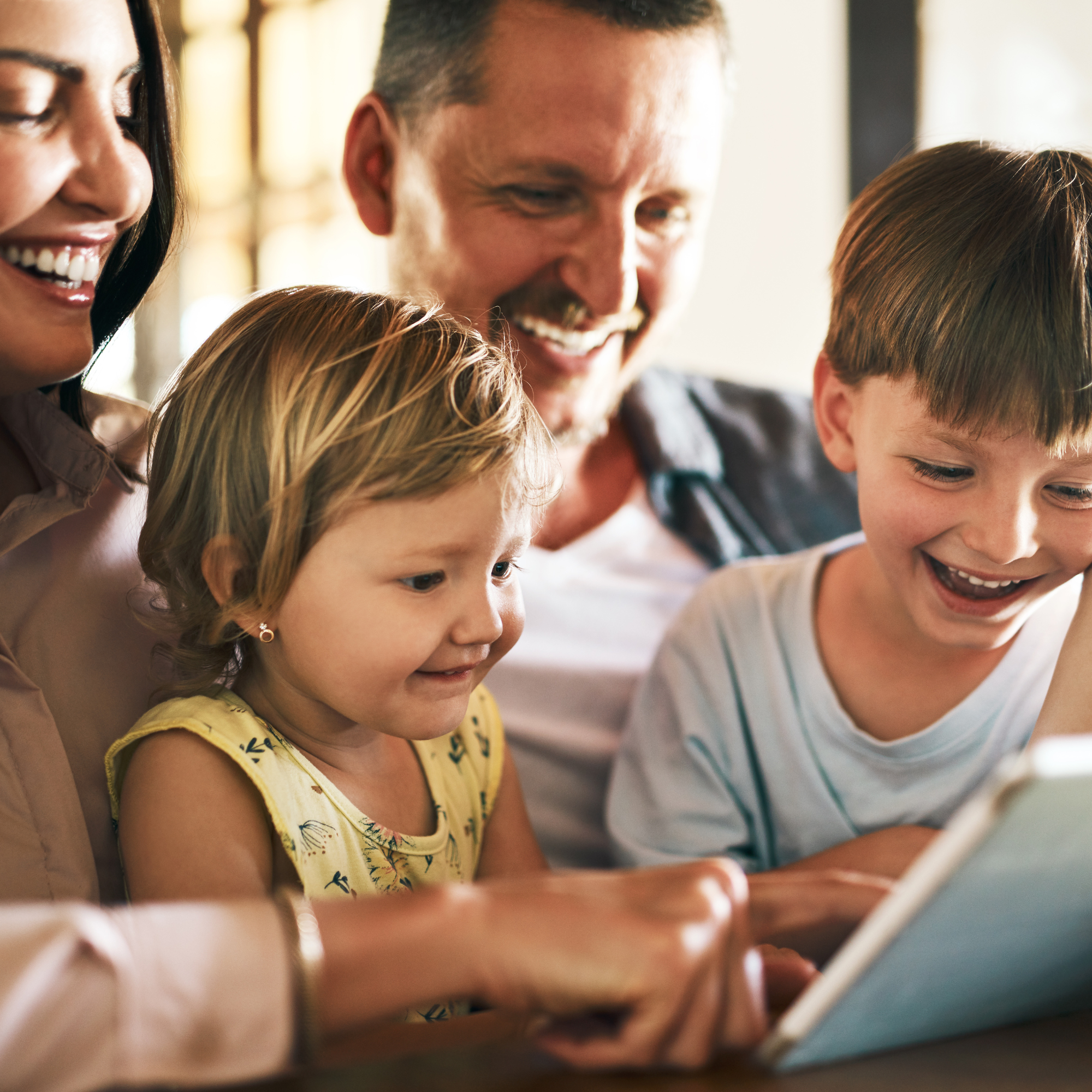This may seem surprising to most, but a new study published by The University of Chicago found that despite the time spent on smartphones, today's young people are as socially skilled as those of the previous generation. For this study, researchers compared numerous evaluations of children who entered kindergarten in 1998 [long before social media], with children who entered kindergarten in 2010. Both groups of children were ones who had received heavy amounts of screen time. Both groups had similar development in social skills compared to those with little exposure.
One thing that is usually left out of articles is that screen time research has been less than definitive. There just hasn't been enough time to run a hearty study on the subject. According to the American Psychological Association, it wasn't until recently that psychologists and other child development experts took a deeper and increasingly nuanced look at children's and teens' use of tablets, phones, and other screens.
These specialists and researchers are now paying closer attention to the kinds of content kids are consuming on their devices. They need to look at the environment that surrounds screen time, including parenting and socioeconomic status. They're planting roots in this specific topic, so there can be longitudinal studies on it. Until then, there will still be complex questions about kids, teens, and screens.
Parents Need To Be Aware Of What They Watch
Some parents think putting children in front of a television or tablet for entertainment will most certainly impact their development in negative ways. However, that's not always the case. When parents join their children in front of a screen and see what is going on in their world, there is great potential to unlock opportunities for growth in social communication and emotional intelligence.
A Texas Tech University study found children's learning increases when a parent or caregiver sits next to the child and watches the show with them. A parent's presence makes all the difference. So, if parents are watching something with their children, they should know kids learn more when watching with them. That includes violence, sex, language, and anything.
Parents who wish their children to have a better understanding of the programs they are watching need to be present with their children. Sitting next to the child, watching the program, is known as co-viewing. Co-viewing allows parents to reinforce social communication skills and an understanding of feelings and emotions.
Teachable Moments
To help in learning social skills, parents might want to choose a show or video that includes teachable moments specific to social communication skills. Daniel Tiger's Neighborhood is an excellent example of that type of show. According to Behavior Analysis in Practice Daniel Tiger helps preschoolers learn specific social skills, such as sharing with peers.
Daniel Tiger's Neighborhood is a children's show on PBS. It consistently teaches kids interactive approaches to learning. Things like singing along to simple songs and playing make-believe. Each episode supplies children with new and useful life skills.
Screen Time Social Skills
For very young children, face to face is best when learning nonverbal cues, eye contact, body language, and other social and communication skills. Screens can help a preschooler or kindergartner build relationships, though. They can also learn new skills from screens.
- Connecting with people: For example, a child could use video calls to keep in touch with family members who live far away.
- Playing games: Games can help children develop social skills like taking turns and playing as part of a team.
- Sharing the screen: When parents share screen time with their child it helps to build a good relationship. For example, playing a game or watching a show together turns screen time into family time, especially when you talk about what you're playing or watching.
In the end, it's extremely important for there to be scientific-based evidence behind what psychologists are recommending.
According to Jerri Lynn Hogg, Ph.D., a media psychologist at Fielding Graduate University, "We're not there yet, we have ideas, but the problem is that the technology is getting more and more sophisticated and more ubiquitous."
Sources: The University of Chicago, Texas Tech University, Behavior Analysis in Practice, Jerri Lynn Hogg, PhD, American Psycological Association



